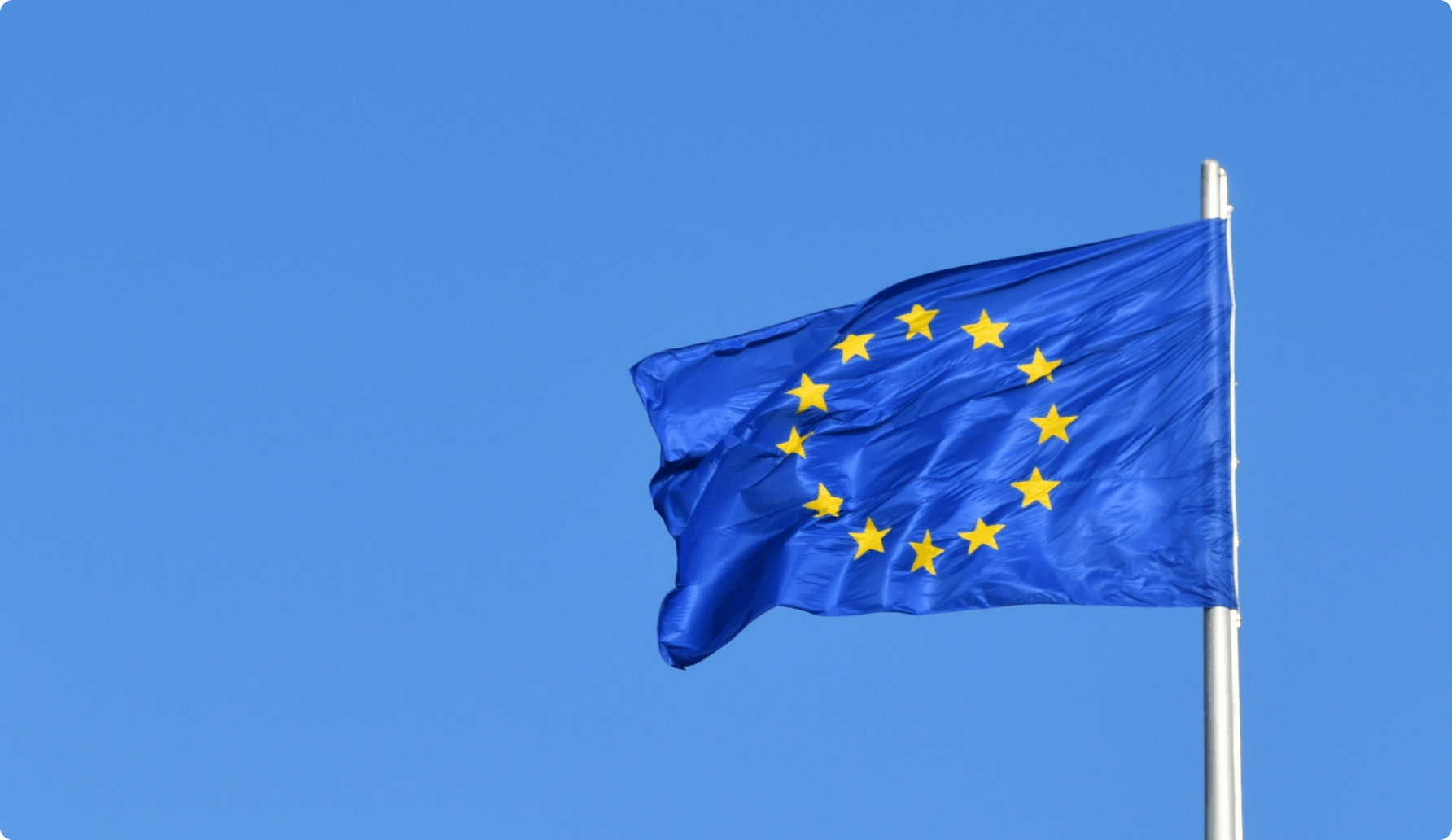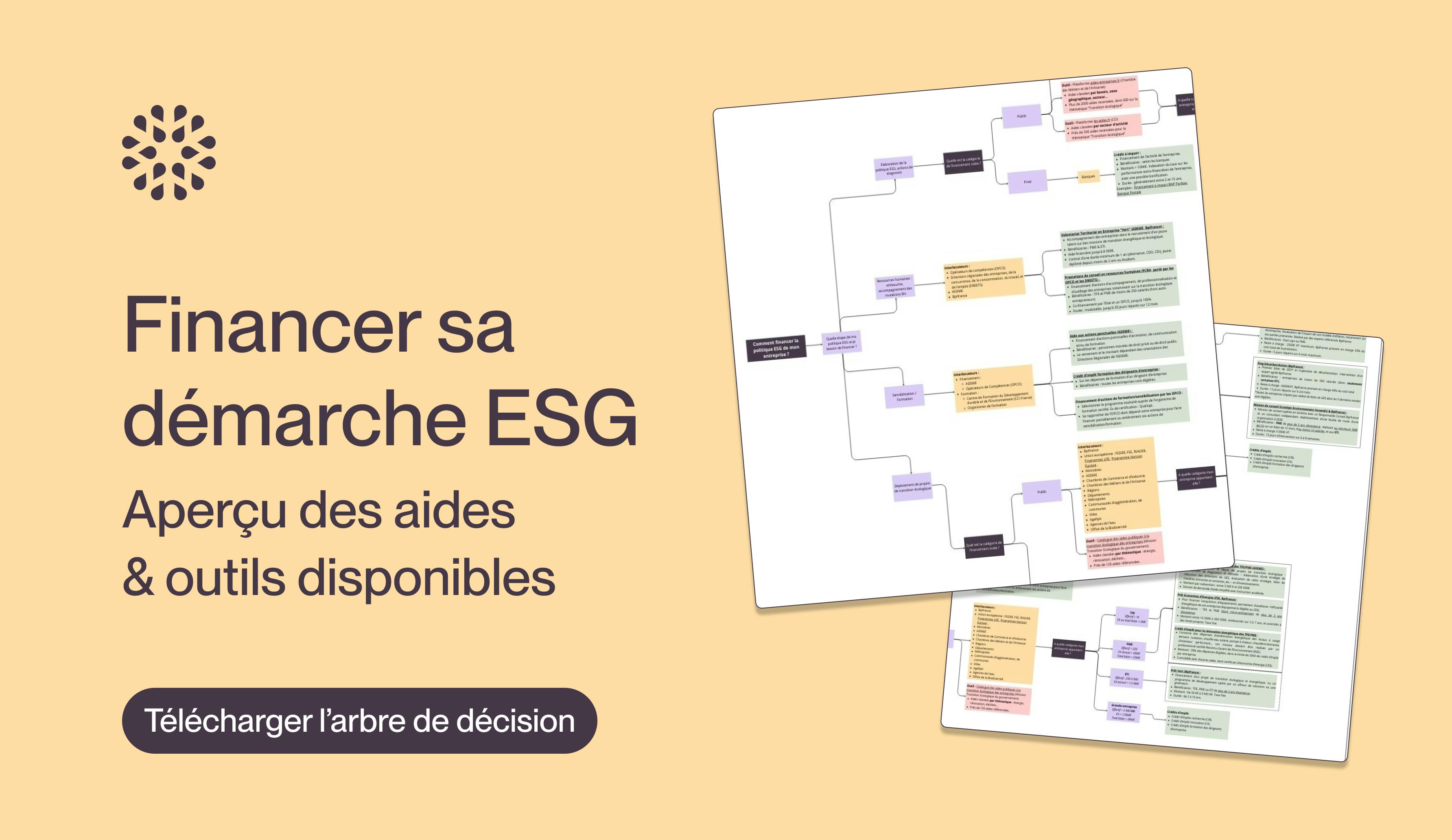Le guide Greenscope de la CSRD
Découvrez comment la CSRD transforme la transparence des entreprises et aidez votre entreprise à se préparer pour la conformité et de nouvelles opportunités

Introduction à la CSRD
La Corporate Sustainability Reporting Directive (CSRD) est une nouvelle réglementation européenne qui élargit la portée des exigences de reporting ESG (Environnemental, Social et Gouvernance). Remplaçant la Non Finance Reporting Directive (NFRD), la CSRD vise à standardiser la communication sur la durabilité, améliorer la qualité et la disponibilité des données, et orienter les flux d’investissement vers des entreprises durables. Elle fait partie du Pacte vert pour l’Europe et s’aligne avec l’objectif de neutralité carbone d’ici 2050.
À partir de 2025, la CSRD s’appliquera progressivement aux grandes entités, y compris les entreprises cotées en bourse avec plus de 500 employés, qui présenteront d’abord leur rapport sur l'année financière 2024. Le champ d'application sera élargi pour inclure les grandes entreprises non cotées et certaines PME en fonction du nombre d’employés, du chiffre d'affaires et de la taille du bilan, impactant finalement environ 50 000 entreprises dans l'UE, dont 8 000 en France.
European Sustainability Reporting Standards (ESRS) et Gap Analysis
La CSRD introduit les European Sustainability Reporting Standards (ESRS), développées par le European Financial Reporting Advisory Group (EFRAG). Ces normes exigent que les entreprises divulguent les risques, opportunités et impacts liés à l'ESG dans des domaines tels que le changement climatique, la biodiversité et les droits de l'homme. Les entreprises doivent également effectuer une analyse de double matérialité, qui évalue à la fois les risques financiers liés aux facteurs ESG et l'impact de l'entreprise sur ces questions.
Pour se conformer, les entreprises doivent mener une analyse des écarts, en identifiant les divergences entre les pratiques de reporting actuelles et les exigences de la CSRD. Cela implique d’évaluer les données disponibles, d'en analyser la maturité et de mettre en place des structures de gouvernance pour assurer un reporting précis.
Solutions Greenscope pour la mise en conformité
Greenscope propose une expertise ESG et une plateforme SaaS pour aider les entreprises à naviguer dans la CSRD, de l'évaluation de la matérialité à la collecte de données et à la préparation des audits. En s'alignant sur la CSRD, les entreprises peuvent renforcer leur gestion des risques, réduire les coûts, identifier des leviers d'innovation et améliorer l’accès au financement. De plus, le respect des obligations peut renforcer la réputation de l’entreprise et son attrait pour les investisseurs, contribuant à la création de valeur à long terme.
Cette directive marque un changement significatif vers une plus grande transparence d’entreprise, soutenant une économie plus durable à travers l’UE.
Télécharger le guide Greenscope de la CSRD
Capitalisez sur la CSRD pour transformer votre stratégie d'entreprise et prendre de l'avance dans la course à la durabilité – téléchargez notre guide complet dès maintenant et restez à la pointe du reporting ESG.
Nos derniers articles

Benchmark Greenscope 2025
Accédez à des statistiques sur plus de 7 000 entreprises

Trouvez le logiciel de reporting ESG adapté à vos enjeux : guide + modèle d’appel d’offres inclus
Tous les conseils pour un appel d’offres bien structuré

Stratégie RSE : les dispositifs de sensibilisation pour mobiliser et former ses équipes (étude ADEME)
Focus sur la sensibilisation, avec un panorama complet des dispositifs de mobilisation des collaborateurs en entreprise.

Financer sa démarche ESG : aperçu des aides existantes
Quels projets peut-on financer ? Qui est éligible ? Nous vous aidons à y voir plus clair




